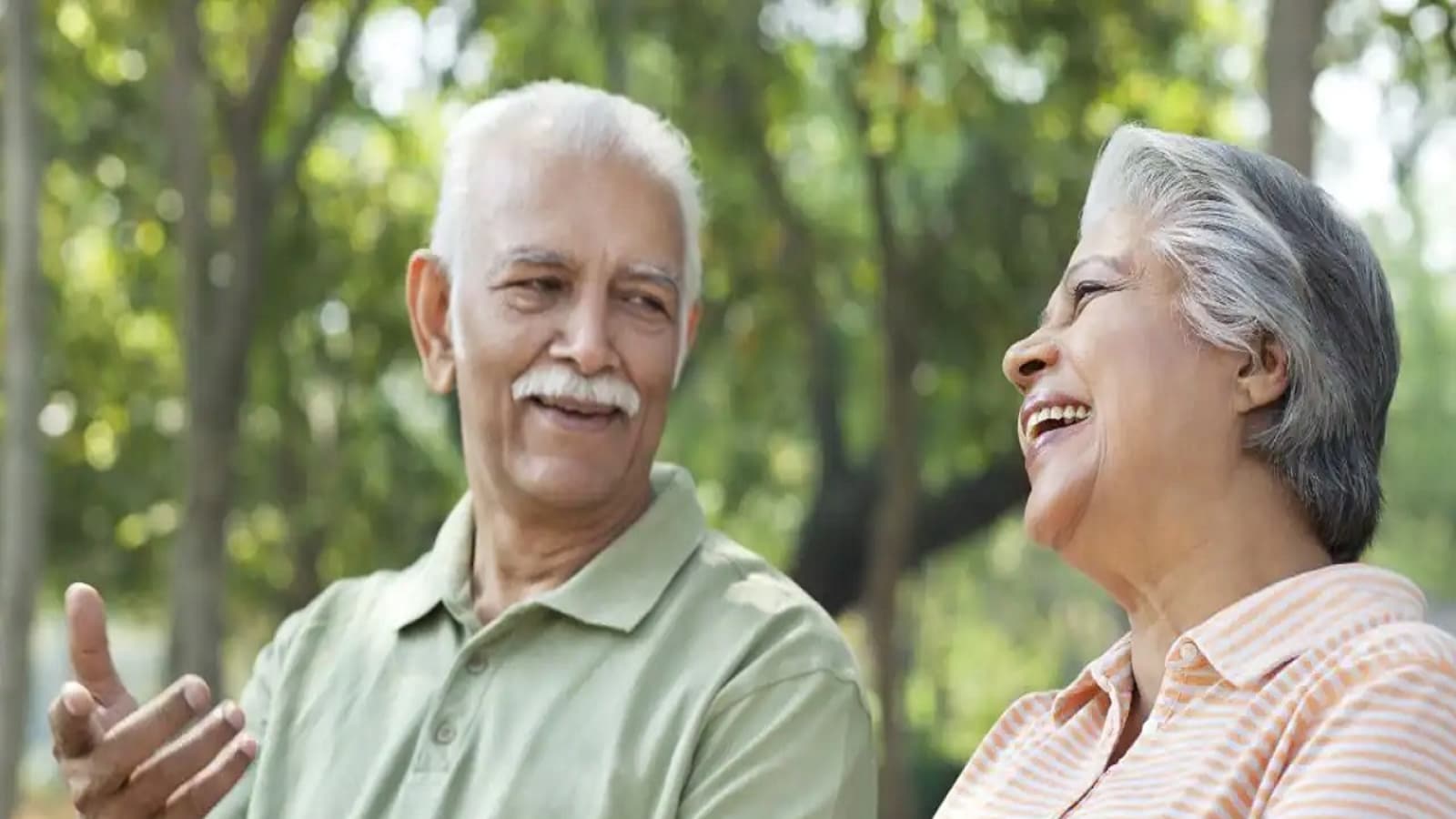Do you know someone who is facing challenges associated with a serious life-limiting illness? Do you also think that senior citizens require compassionate care to address their physical, psychological, spiritual and social problems? A supportive and palliative care center is the right place to fulfill all their needs. There are palliative care centers in India specifically catering to holistic palliative care, providing physical, emotional, psychological, social, and spiritual support.
With old age taking a toll on their physical and mental health; senior citizens go through loads of inner turbulence. Diseases, weakness, and lack of attention can be pretty daunting. Senior citizens’ loneliness is one of the least addressed concerns of the nation, people should be watchful of their vulnerability and provide the best palliative care to elders, who silently suffer.
Some patients have multiple, chronic and life-threatening diseases and are dependent on others for medication, bathing, dressing up, eating and other self-care. They need supportive and palliative care centers to address their physical symptoms and support emotional, psychological, spiritual and social problems to improve their quality of life.
According to the World Health Organisation, every year 56.8 million people need palliative care, including 25.7 million in the end-stage of life and it is available to only 1% of the population in India.
What happens at a palliative care center?
Palliative Care Centers are well equipped to improve the quality of life of patients and their family members, suffering from associated problems of chronic, progressive, serious and life-threatening disease and relieving their distressing symptoms and preventing other anticipated problems.
“Palliative Care Centers are managed by a team of pain and palliative care specialists, along with other specialists/super specialists, psychologists, rehabilitation specialists, physiotherapists, palliative care nurses and support staff. An initial assessment is done in the OPD to understand the disease profile of the patient, their distressing symptoms and other related psychological, spiritual and social problems. The need for involving other members of the palliative care team in counseling and rehabilitation is also evaluated,” says Dr Survesha Khanna, Founder, Dharmshila Rahat Supportive & Palliative care.
As soon as the patient becomes comfortable with indoor palliative care, discharge time is planned in consultation with the patient and the family members. Finally, the team members decide whether Palliative care can be given at home, in OPD, in Daycare Center or the wards. Family members/caretakers are also trained to create adequate infrastructure at home to fulfill their needs of medication/ oxygen/ tube feeding/ urinary catheters/ colostomy care etc. A personalized follow-up care programme and consultation with treating doctors are explained and counseled to implement it.
Benefits of palliative care
- Relieves pain and other physical symptoms.
- Relieves emotional, psychological and spiritual problems
- Improves quality of life, interpersonal relations and survival rate.
- Helps in developing a positive attitude, after accepting the normal course of the disease and its progression.
- Makes people understand that with willpower and medical support, patients can regain their normal lifestyle, and live symptom-free, comfortable, independent and dignified life for years to decades as far as possible.
- Trains the family members/caretakers to manage the patient at home in consultation with the multidisciplinary team of the Palliative Care Centre.
- Saves money and time being spent on unnecessary investigations, procedures, admissions, ICU care and ventilator care, by shifting the focus from disease to the patient and from curing to healing.
How palliative care centers are making a difference? Why is it important?
In the hustle and bustle of city life, it is not easy to be there 24/7 for an elderly patient. On the contrary, we cannot avoid an ongoing condition, due to our tight schedules and hence a palliative care center does the perfect job for such patients. “Patients suffering from chronic diseases need more than just healthcare services. The professionals here are well-trained to understand the mental and physical condition of senior citizens and implement treatment choices accordingly,” adds Dr Khanna.
Elderly patients might not want to bother their family members and they often become depressed with no hope for a cure. They also need a psychologist to share their mental, physical, social, and spiritual problems. Contact your pain and palliative care specialists, to get the desired short team and long-term care plans.
Read all the Latest Lifestyle News here
For all the latest Lifestyle News Click Here
For the latest news and updates, follow us on Google News.

